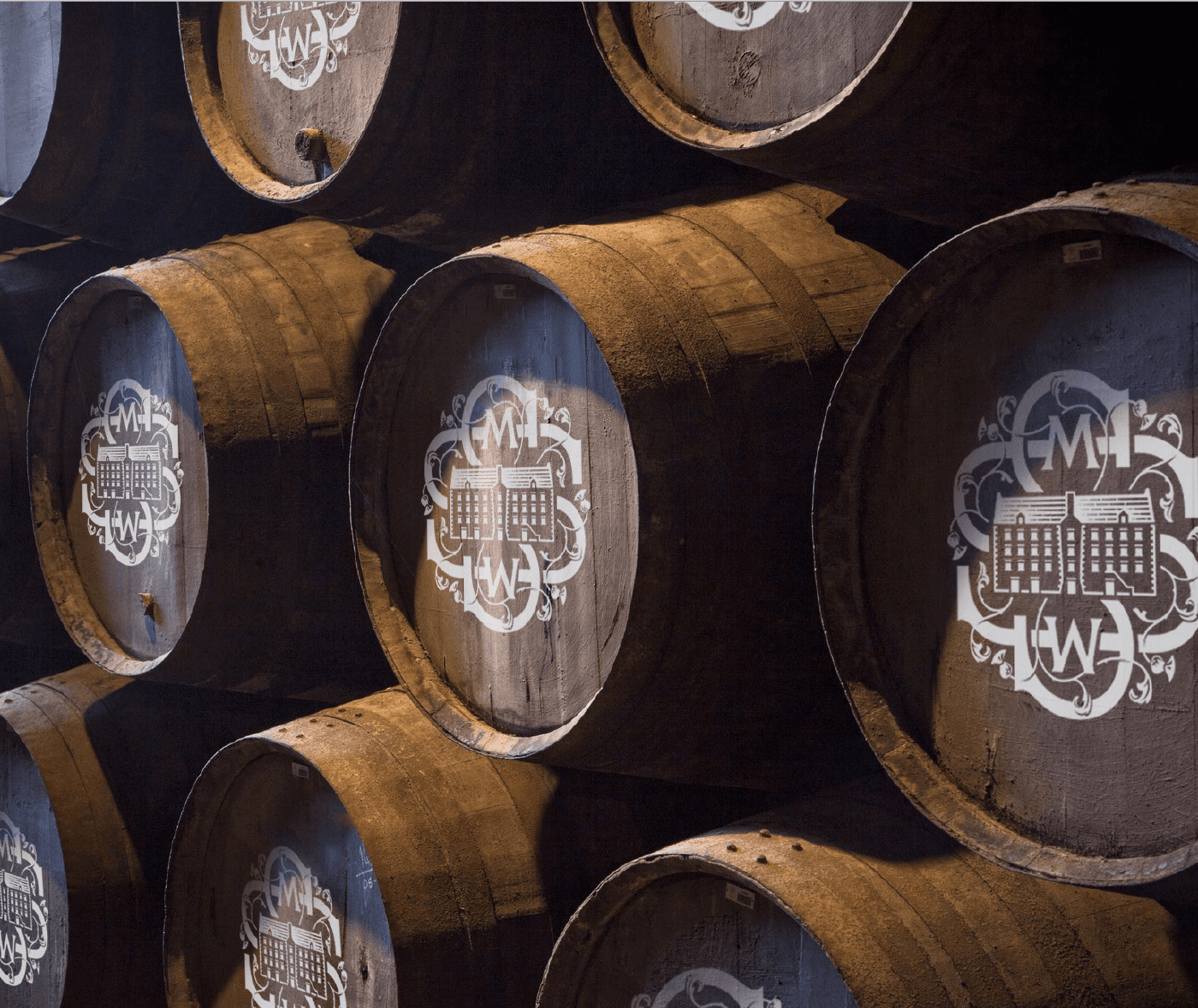When a cask is filled with new make spirit and laid to rest over time, the liquid gradually extracts the natural substances of the wood, which reduces the initial bite and gives it the flavor we all know and love. In the warmer months of Spring and Summer, the liquid inside the cask expands, filling the pores of the oak. In the colder months of Fall and Winter, the liquid contracts, pulling the esters, tannins and vanillins from the wood back into the spirit. This process of expanding and contrasting over time is often referred to as “breathing” and generally speaking, the longer a cask is left to breathe, the more the spirit’s flavor and characteristics have been influenced by the oak.
But as it turns out, not all young whiskies are hot and lively. Furthermore, not all old whiskies are deep and mellow as one would expect. Let’s take a look at two casks that are currently available here in the USA:
Cask 55.66 All things nice is a single malt Scotch whisky matured for 13 years in American oak. Two decades is a considerable amount of time to age any whisky and at that age, many would expect it be deep, mellow, and smooth. But pour this whisky into your glass and you’ll quickly realize this is anything but. Yes, it’s remarkably complex whisky but at 64.7% ABV, an intense strength for a 13-year-old whisky, it’s a bold and powerful spirit, far more vibrant than its age suggests. What I love about this particular whisky is that it’s developed a rich and complex profile while maintaining a level of youthfulness that is commonly lost after more than a decade.
Cask 134.9 Evokes sunshine is a 5-year-old Indian single malt matured in a single American oak ex-Bourbon barrel. Now I know what you’re all thinking: 5 years is not a lot of time for a whisky to develop the sort of depth and complexity of flavors one would hope to experience in a single malt. But take a deeper look and you will soon realize there is more to this story. Hailing from Goa, India, the tropical climate and high humidity increases the rate of contact between the oak cask and the spirit inside it, thus accelerating the process we know as maturation. At 5 years young, this whisky has extracted a greater proportion of the cask’s inner lining, giving it a flavor profile that is far more developed than almost any cask matured for the same amount of time in Scotland.
So as you have it, age is not always an indicator of a whisky’s true character. Factors such as climate and strength can influence just how flavorful or how intense a whisky can be. And the truth is, we’ve only just scratched the surface. There are a multitude of factors that contribute to the uniqueness of each cask and whisky they produce. Which is precisely why the only way to judge a whisky is to try it yourself!
Slàinte mhath,

Ben Diedrich



